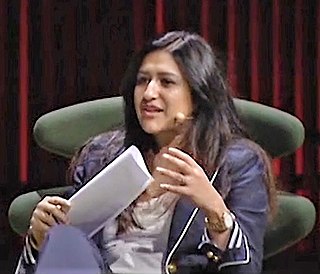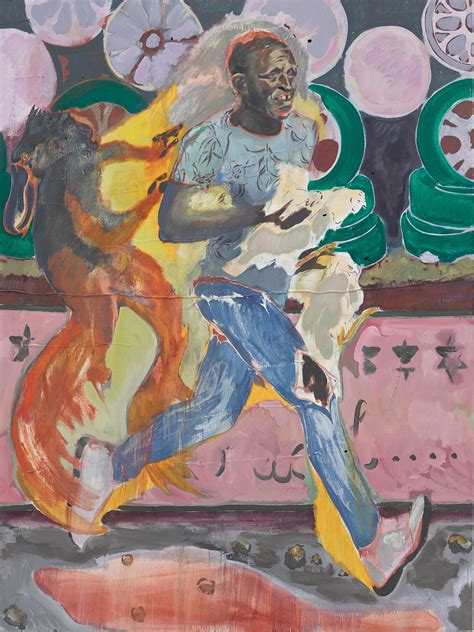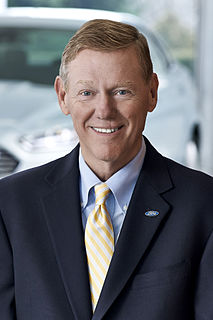A Quote by Chad Hurley
Fashion brands looking for explosive growth go the wholesale route, to get their products into stores, but then they end up relying on those sales.
Related Quotes
Most brands that are called luxury brands today are not true luxury brands. The globalization of fashion and luxury means you now find the same luxury brands in every city. The stores look the same, the products are the same. It is still a very good quality product but it is now readily available to everyone. It's a kind of mass luxury.
Retailing has become fiercely competitive. Today there are many large global fashion companies who have opened up mono-brand stores in major cities around the world. When I first opened my boutique in New York, in 1985, there were almost no other European luxury brands present with their own stores. Now Fifth Avenue is packed with huge stores from major Italian and French labels.
These growth hormones, where can I get a bunch of them? Is there some way that, with electricity, you could stimulate your own growth hormones? Plug yourself in for five minutes, there'd be a little jolt, but you'd get used to it. It wouldn't be bad at all; in fact, you'd get to enjoy it, probably. Then away you'd go, and youth wouldn't be wasted on the young anymore. You'd be 25, with a 95-year-old mind. Granddad would start breaking into liquor stores and staying out late. Hope we have it soon!
I see "demand creation" as a 20th-century construct that's bound up with advertising. It's an outmoded view of marketing that says, "First, we build a product or service, then we advertise it into people's lives." Embedded this view is the belief that companies control brands. This is a myth. My message all along has been that brands are actually created by customers, not companies. Companies only provide the raw materials - the products, messaging, behaviors - that people use these to create brands.
There's a great debate going on, you know, on whether we're moving toward a system of giant oligopolies or a system of multiples of small businesses. Which is it? I think it's both. In every sector of the economy, we have giant brands that are trustworthy guides to what's good, and then a vast number of small groups, many of them project-based, sometimes folding and re-creating, that are offering products and services through those giant global brands.


































